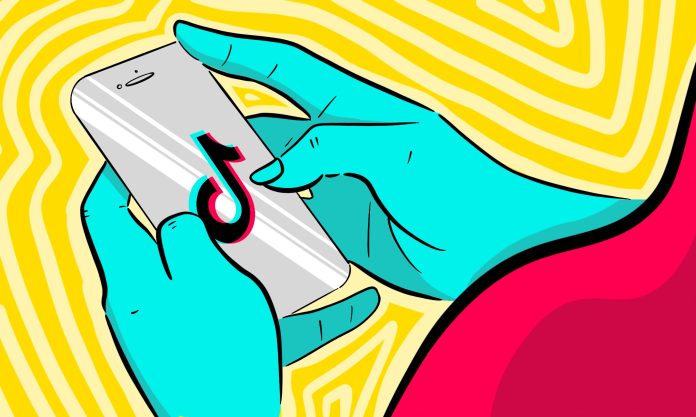Sarah Fishman
Contributing Writer
TikTok has become central to our daily lives and culture, so it’s natural to wonder what its future holds. Will the platform’s fate be similar to that of Vine’s — phasing out as quickly as it became popular and becoming largely irrelevant despite the way it once took over conversations? Or will it continue to capture our attention, sticking with us for the foreseeable future?
Although social media is ever evolving, TikTok has made a lasting mark on how this generation consumes content and profoundly impacted the norms of online interaction. The app is now deeply embedded into our culture, making it hard to “die out” quickly.
The visual and auditory stimulation is easy to mindlessly consume. The addictive nature of this app is intentional: the algorithm is designed to “keep you there as long as possible.” The videos we see on our For You Page (FYP) are interesting to us due to the advanced technology that’s “shockingly good at reading your preferences.” Even when I don’t have the time to scroll, I constantly find myself opening up TikTok and immediately doing just that. Most of the time, I don’t even think about it; it just happens.
There are many negatives that come with this: Using this app could be seen as “unnecessarily excessive, indulgent and ultimately meaningless,” and even “distinctly hollow and overall damaging.” However, despite this, we have arguably come to rely on it, and it has become so prevalent that other platforms are scrambling to keep up. Instagram created their own version called “Reels,” Snapchat has “Spotlight,” and so on.
The FYP on TikTok is largely made up of popular videos from random people, as opposed to our friends. The comment sections consist of strangers discussing the post and related topics with one another, and it’s not uncommon for users to have public conversations about traditionally “taboo” topics. TikTok is a lot more casual than many other social media sites, and people are often quick to discuss personal details and treat fellow users like close friends. It seems to boil down to the fact that people like oversharing, perhaps due to the sense of camaraderie that can be found in connecting with others who share the same questions, issues, and more.
Like any social media platform, this brings up safety and privacy concerns that some believe could create issues for TikTok’s longevity. A fairly common complaint in comment sections is something along the lines of “people are way too comfortable on this app.” However, this sense of openness seems to appeal to users in a way that can be freeing. Although there is certainly no shortage of artificial and staged content on TikTok, the platform is also frequently used to share insecurities, post funny pictures and videos, and tell embarrassing stories.
TikTok’s success and design presented the opportunity for influencers to profit greatly from making content. The Creator Fund allows users to make money in proportion to the popularity of their videos. This makes the app appealing in a multi-generational way: It can provide extra money or even be a main source of income for some. In addition, it gives exposure to artists that want to promote their work. As much as people make fun of “TikTok celebrities” and how they allegedly have no talent, there seems to be something captivating about the idea that it’s possible for anyone to become famous through the app.
TikTok offers a wide range of content, giving users exactly what they want out of the app: comedy, politics, parenting tips, art, book recommendations, music, food recipes, and more. There are even accounts that post consecutive clips of popular shows, so people can basically use the app to watch TV. The trends that let people showcase pictures of themselves that they like compare to many Instagram posts, the way content can go viral is similar to Twitter, and the casual nature of this social media rivals Snapchat’s informal design. TikTok takes the best of other apps and wraps them up into one easy-to-use platform.
TikTok has so many different appeals and has deeply affected the way we view and use social media. Unless there is a huge change to TikTok’s design, it seems like it’s not going anywhere. Perhaps, a completely new form of content creation will arise and threaten the platform’s popularity, but even then, TikTok will still have many desirable features.











